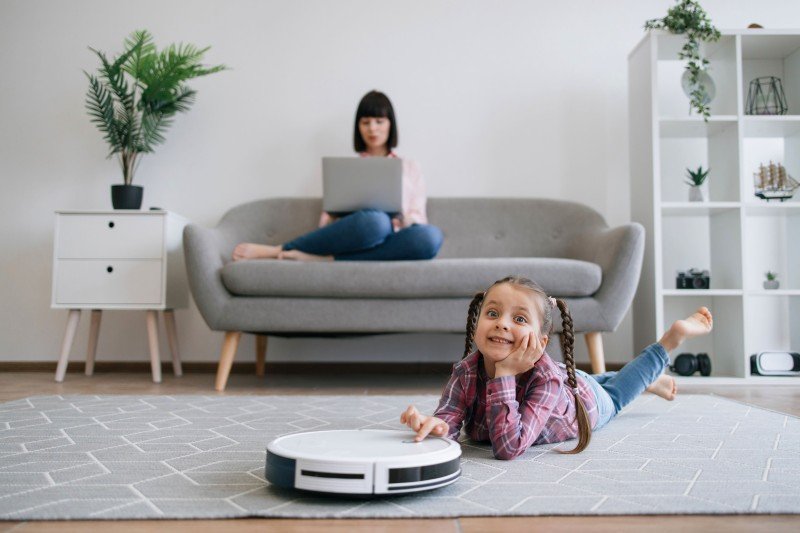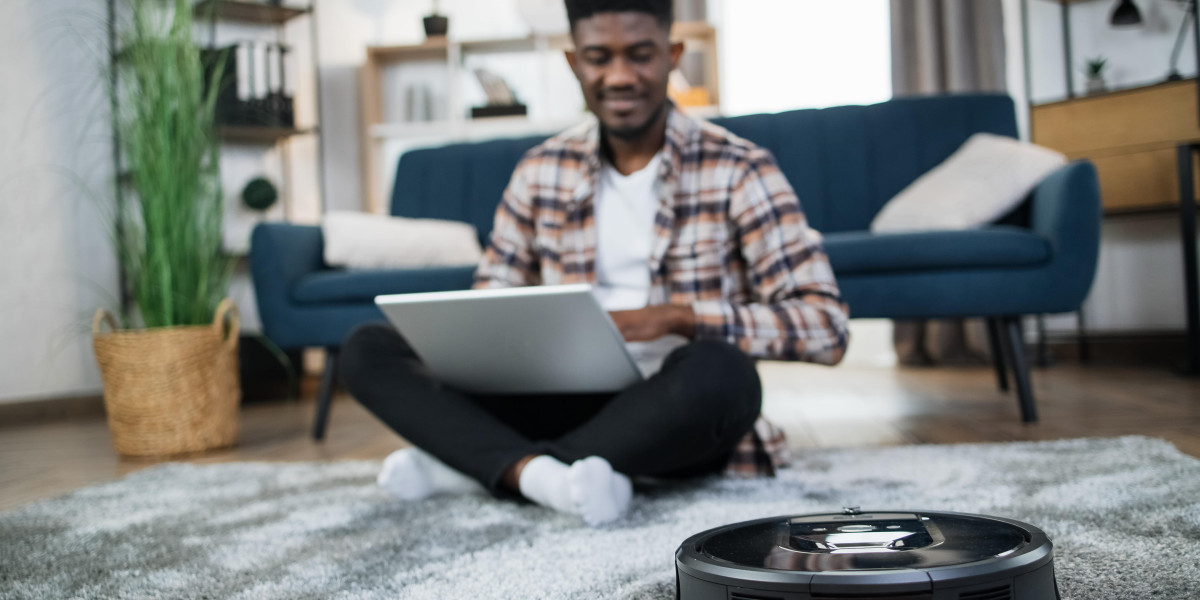
Robotic Vacuum Cleaner Comparison: The Future of Home Cleaning
In the last few years, robotic vacuum cleaners have actually transformed the way we keep cleanliness in our homes. With developments in technology and the incorporation of expert system, these devices have evolved from mere novelty items to vital household appliances. This article supplies an extensive comparison of a few of the leading robotic vacuum on the marketplace, helping consumers make informed decisions when choosing a model that fits their requirements.
Comprehending Robotic Vacuum Cleaners
Robotic vacuum are autonomous devices designed to clean floorings automatically. Geared up with sensors, they browse around challenges and change their automatic cleaning robot routes for optimal efficiency. The essential functions that differentiate various models include suction power, battery life, app connectivity, navigation technology, and price.
Key Features to Consider
When comparing robotic vacuum, prospective purchasers need to take into consideration the following factors:
- Suction Power: Measured in Pascals (Pa), suction power identifies the effectiveness of picking up dirt and particles.
- Battery Life: The length of time a vacuum can operate before requiring a recharge significantly affects its cleaning efficiency.
- Navigation Technology: Models may utilize basic random navigation or innovative mapping innovations (like LIDAR) that permit them to develop a map of the home.
- Smart Features: Connectivity to mobile phone apps or smart home systems can enhance usability and control.
- Filter Type: HEPA filters are recommended for allergic reaction victims, as they trap allergens and enhance air quality.
Comparison of Top Robotic Vacuum Cleaners
Below is a comparison table of some of the best robot vacuum under 200 robotic vacuum cleaners readily available in 2023:
| Model | Suction Power (Pa) | Battery Life (minutes) | Navigation Technology | Smart Features | Price (GBP) |
|---|---|---|---|---|---|
| iRobot Roomba i7+ | 1700 | 75 | Smart mapping | App control, voice command | ₤ 949 |
| Roborock S7 | 2500 | 180 | LIDAR | App control, multi-floor robot | ₤ 649 |
| Neato D7 | 2000 | 120 | LIDAR | App control, zone cleaning | ₤ 599 |
| Ecovacs Deebot T10 | 3000 | 150 | Smart mapping | App control, space detection | ₤ 799 |
| Shark IQ robot vacuum cleaner comparison | 1200 | 90 | Random | App control, self-emptying | ₤ 399 |
Explanation of the Table
iRobot Roomba i7+: Known for its robust cleaning capability, it features smart mapping innovation that enables it to designate particular areas for cleaning. Its self-emptying feature is a plus for benefit.
Roborock S7: This model excels in suction power and battery life, making it perfect for larger homes. Its LIDAR technology helps develop an effective cleaning course, and it can vacuum and mop at the same time.
Neato D7: The D-shape style enables for better corner cleaning, and it includes strong suction power. Its LIDAR navigation enables it to draw up cleaning locations properly.
Ecovacs Deebot T10: Boasting the highest suction power and advanced navigation, this model can deal with several floors successfully. It's a flexible option for homes with differing floor types.
Shark IQ Robot: An economical choice that still offers smart functions. Its self-emptying capability and app integration make it a useful option for those searching for a strong cleaning buddy without breaking the bank.
Advantages of Robotic Vacuum Cleaners
Robotic vacuum offer various advantages that contribute to their increasing appeal amongst customers:
- Time-Saving: Automated cleaning allows users to maximize important time that can be spent on other activities.
- Convenience: Many models can be arranged by means of apps to clean up at particular times, minimizing manual effort.
- Availability: They can reach under furniture and in tight spaces where conventional vacuums may have a hard time.
- Daily Maintenance: Regular usage of robotic vacuums can help keep a consistently tidy environment, promoting better overall home hygiene.
Frequently Asked Questions About Robotic Vacuum Cleaners
1. How often should I run my robotic vacuum?
It is recommended to run the robotic vacuum at least 2-3 times a week to keep cleanliness, though day-to-day use can be advantageous, especially in homes with animals or high foot traffic.
2. Do robotic vacuums work on carpets?
Yes, numerous robotic vacuums are designed to work on carpets, but efficiency might differ based upon the design's suction power and brush type. Look for designs specifically pointed out as reliable for carpets.
3. Can robotic vacuums clean pet hair?
Most robotic vacuums can efficiently choose up pet hair, however those with strong suction and tangle-free brush styles are especially well-suited for this task.
4. How do I keep my robotic vacuum?
Routine maintenance includes cleaning the brushes and sensing units, clearing the dustbin, and sometimes changing filters to make sure optimum efficiency.
5. Are robotic vacuums worth the financial investment?
While they tend to be more pricey than standard vacuums, the convenience, performance, and time-saving aspects make them a worthy financial investment for many households.
The market for robotic vacuum cleaners continues to broaden as innovation develops, providing customers a range of alternatives to match various cleaning needs and budget plans. By carefully considering features such as suction power, battery life, and smart capabilities, users can pick a design that aligns with their way of life. Whether for convenience, ease of usage, or remarkable cleaning efficiency, robotic vacuums are certainly improving the future of home cleaning.








